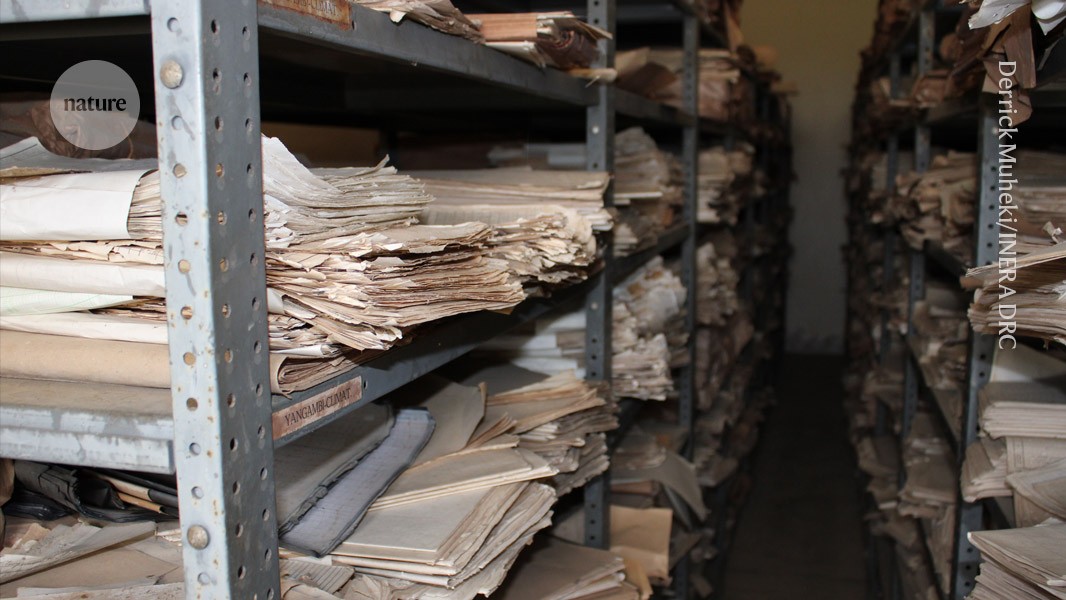
"To access the meteorological archives of the Democratic Republic of the Congo (DRC) - which contain records from when the DRC became independent in 1960 collected from 37 weather stations across the country - Muheki had to fly from Kinshasa to Kisangani in the country's north, travel along the Congo River by boat and then take an unpaved road on a motorcycle to reach the Yangambi branch of the DRC's National Institute for Agronomic Research (INERA)."
"These troves of valuable - but in some cases unreadable - data are now becoming easier to access with new, more sophisticated machine-learning tools. "All meteorological services around the world have some basement where they store data from the 1800s that has not been digitized," says Marlies van der Schee, a climate scientist at the Royal Netherlands Meteorological Institute in De Bilt. "For many institutes, they don't even know what is in their archives.""
Countries require regional climate projections, better forecasting of hurricanes and extreme events, and assessment of exceeding the 1.5 °C target. Researchers are tapping vast, unused handwritten weather records that span over two centuries to address these needs. Advanced machine-learning tools are making previously unreadable troves accessible. Many meteorological services worldwide keep undigitized nineteenth- and twentieth-century records in basements and often lack awareness of their archive contents. Field researchers travel to remote archives to scan thousands of pages; for example, teams collected records from 37 stations in the Democratic Republic of the Congo, coping with limited power and language challenges.
#historical-weather-archives #climate-data-digitization #machine-learning #extreme-weather-forecasting
Read at Nature
Unable to calculate read time
Collection
[
|
...
]